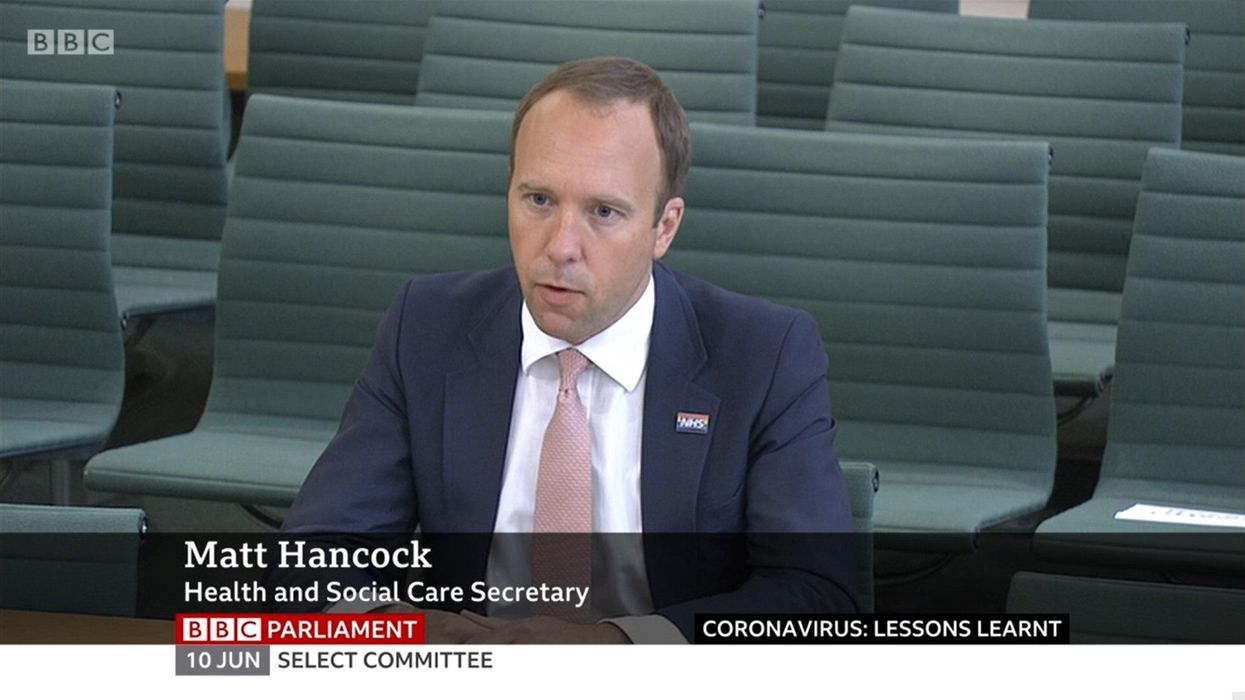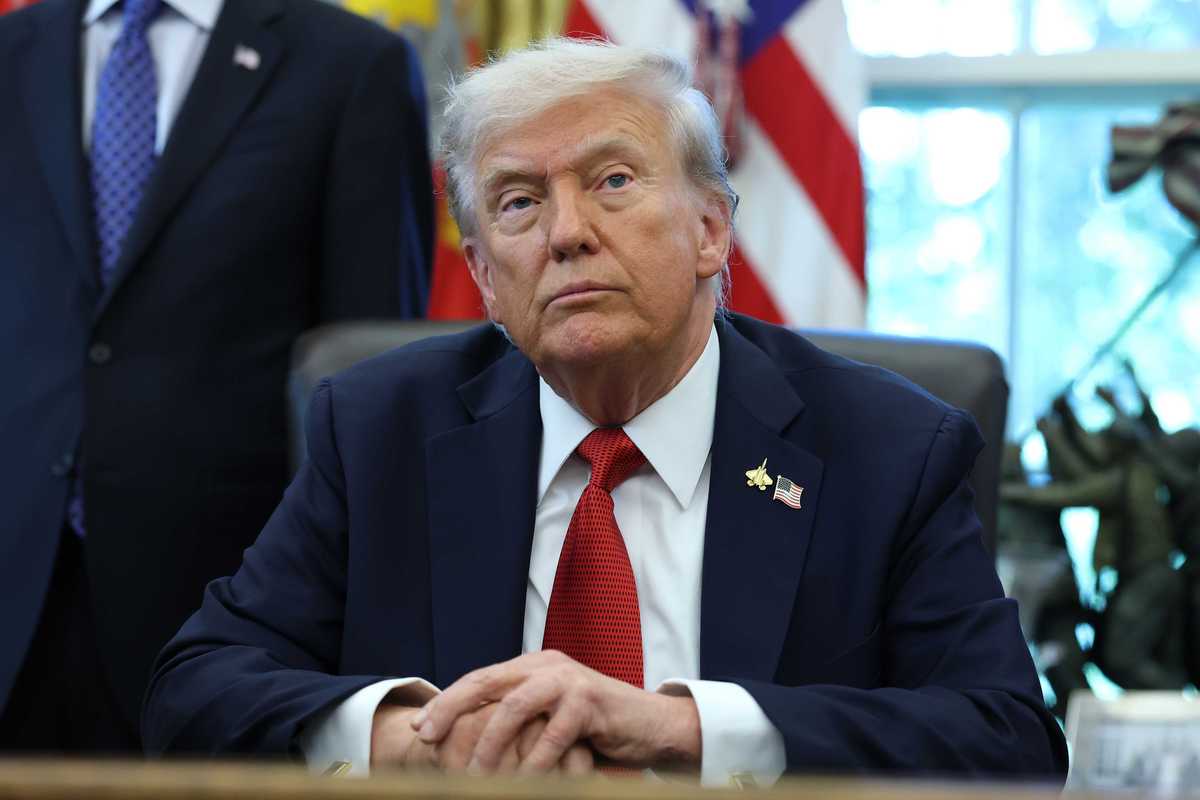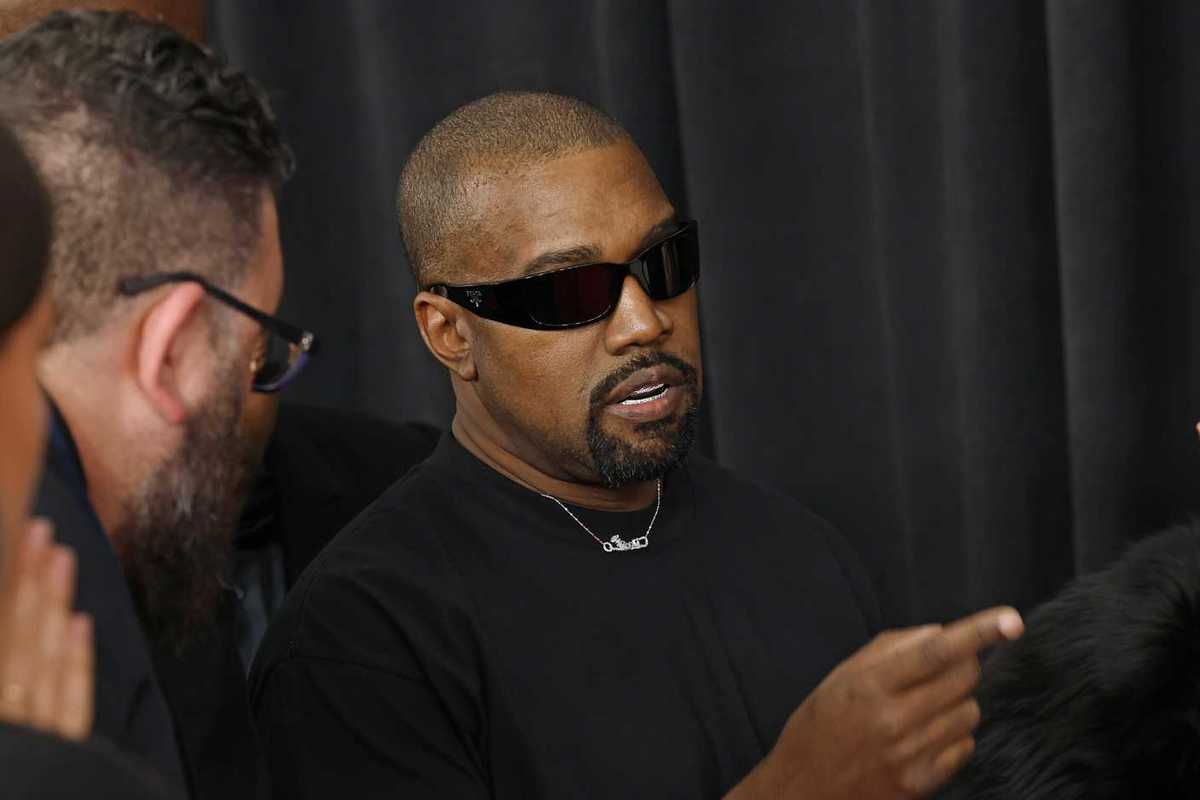Kate Plummer
Jun 10, 2021
Parliament has been gathering evidence about the government’s handling of the coronavirus pandemic over recent weeks.
By interviewing key players, they hope to understand what can be learnt from the pandemic, so processes can consistently improve.
Two weeks ago, former government adviser Dominic Cumming was grilled for seven hours and made a number of claims slamming the government for its processes and accused Matt Hancock of “lying” and overseeing “criminal” behaviour among other things.
Today, it was the health secretary’s opportunity to respond to these claims and to share his side of the story over the course of four and a half hours. Here is what he had to say:
Dominic Cummings’ allegations
Understandably, a lot of focus will be placed on Hancock’s response to Cummings, who claimed the Health Secretary lied throughout his tenure and should have been fired.
Hancock denied a number of Cumming’s claims which the Committee said “must be counted as unproven” anyway, as Cummings failed to provide evidence to back them up despite promising to during his hearing.
He said he did not lie to the prime minister, denied that civil servant Helen McNamara said the government had no plan and said: “It is telling that no evidence has been provided yet.”
While Cummings alleged Hancock lied about people being able to get treatment for other illnesses during the summer, Hancock said treatment was available.
On his public pledge to do 100,000 tests a day by the end of April, described by Cummings as “criminal, disgraceful behaviour” and a “stupid target” used for Hancock’s own PR, Hancock said “it was right to put himself “on the line” with a “galvanising” target.
He added he had “no idea” why Cummings had so taken against him and wanted to fire him, and hinted that government had “operated better” since the adviser’s departure from his role.
Brutal from Hancock on Cummings: "the operation of government has improved very significantly since November, and t… https://t.co/uierLijbhF— Chris Smyth (@Chris Smyth) 1623322091
Lockdown
Despite their feud, on why lockdown was not implemented sooner, Hancock and Cummings aligned. Like Cummings, Hancock said the government trusted an assumption that the British people wouldn’t have put up with lockdown for a sustained period of time, an assumption “that proved to be wrong”.
And in what will stand out as the most shocking line from the whole proceeding, Hancock said the “reasonable worst case scenario” that was forecast in the early stages of the pandemic was that 820,000 people could have died from coronavirus had there been no lockdown.
PPE
“There was never a national shortage in PPE due to the actions that we took,” Hancock declared.
He said a report made by the National Audit Office substantiated his claims and added there was “no evidence” that PPE shortages led any health or social care worker to die of Covid, something the Labour Party’s Sarah Owen described as a “bold claim” in response.
Given reports in the early stages of the pandemic about hospital shortages of PPE, his claims are contentious:
On Matt Hancock repeating his “no national shortage of PPE” https://t.co/qqggVjgP3X— Lewis Goodall (@Lewis Goodall) 1623320787
Care homes
MPs wanted to know why Hancock let people leave hospitals and enter care homes, causing coronavirus to spread. Hancock said he “followed the clinical advice” available at the time - that was that testing would give “false assurance” because in the time it would take for a test result to come back, a person in hospital could have contracted coronavirus meaning it would have gone to care homes anyway.
Labour’s Barbara Keeley was not so sure about this:
Very salient q from @KeeleyMP - why were offers of a sort of step-down provision for care home residents leaving ho… https://t.co/oQ0a476EQx— Jennifer Williams (@Jennifer Williams) 1623323675
Vaccines
Hancock was understandably proud of the vaccine rollout in Britain and missed no opportunity to pat himself on the back for it. He said that others had claimed it would take five years to develop but he was always keen to find a way to roll it out as soon as possible. If there is another strain or pandemic resistant to vaccines? He said a new vaccine would be developed in days.
Borders
Hancock said China should have closed its borders from the start of the pandemic. He added the World Health Organisation (WHO) informed him closing borders would only delay the pandemic for a week but that he now sees that as the wrong decision. He said he should have overruled the science, on this instance.
Procurement
Asked if he was “helpful” to people who came forward bidding for government contracts, Hancock said he was enthusiastic about any leads passed on to him and got his team to look into them. If he hadn’t he said, he would have been criticised for shortages. This is an approach the Labour Party and others have described as “cronyism”.
Asymptomatic transmission
Hancock claimed that nobody in the government knew about asymptomatic spread... except him. He said there was a scientific consensus that this was not possible but he had an “instinct” it was. He said he “bitterly regretted” not proceeding as if asymptomatic spread was possible then changing tack if it was wrong, rather than the other way round. Another blow for scientists.
Our verdict
If Cumming’s evidence was a pantomime, Hancock’s was more of a book reading: less emotive, more serious and a sombre affair.
He presented himself as a “team player” and said he took “responsibility for all the areas that I am responsible for.”
On numerous occasions, he praised his approach - one of “honesty, integrity” and said he did everything he could to protect people and the NHS
“I know I can face the mirror each morning,” he said, a lot, as well as the refrain: “Everything was based on imperfect information.. at pace”.
Whether the committee and the general public can too cope with the reflected image of Matt Hancock remains to be seen.
Top 100
The Conversation (0)














